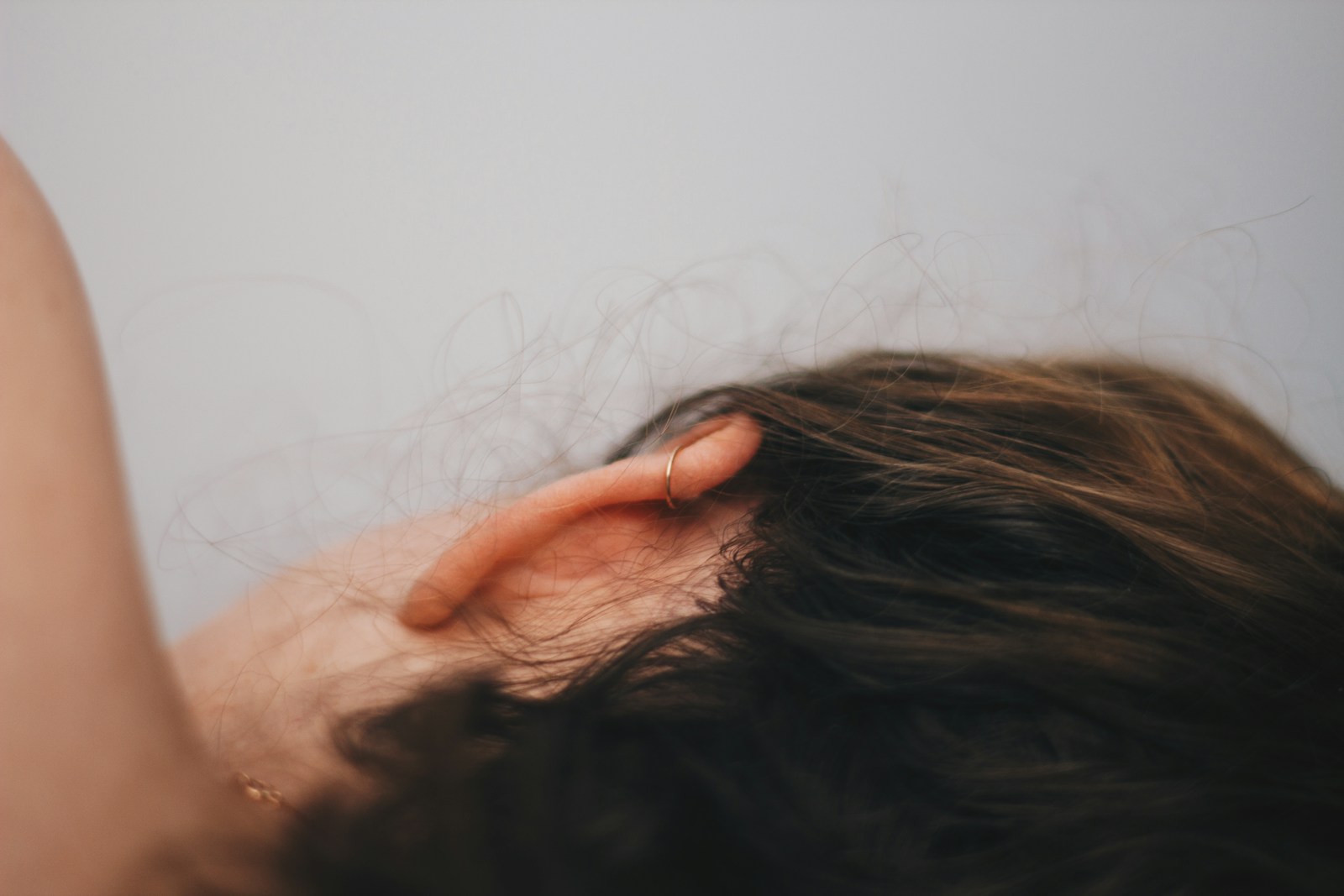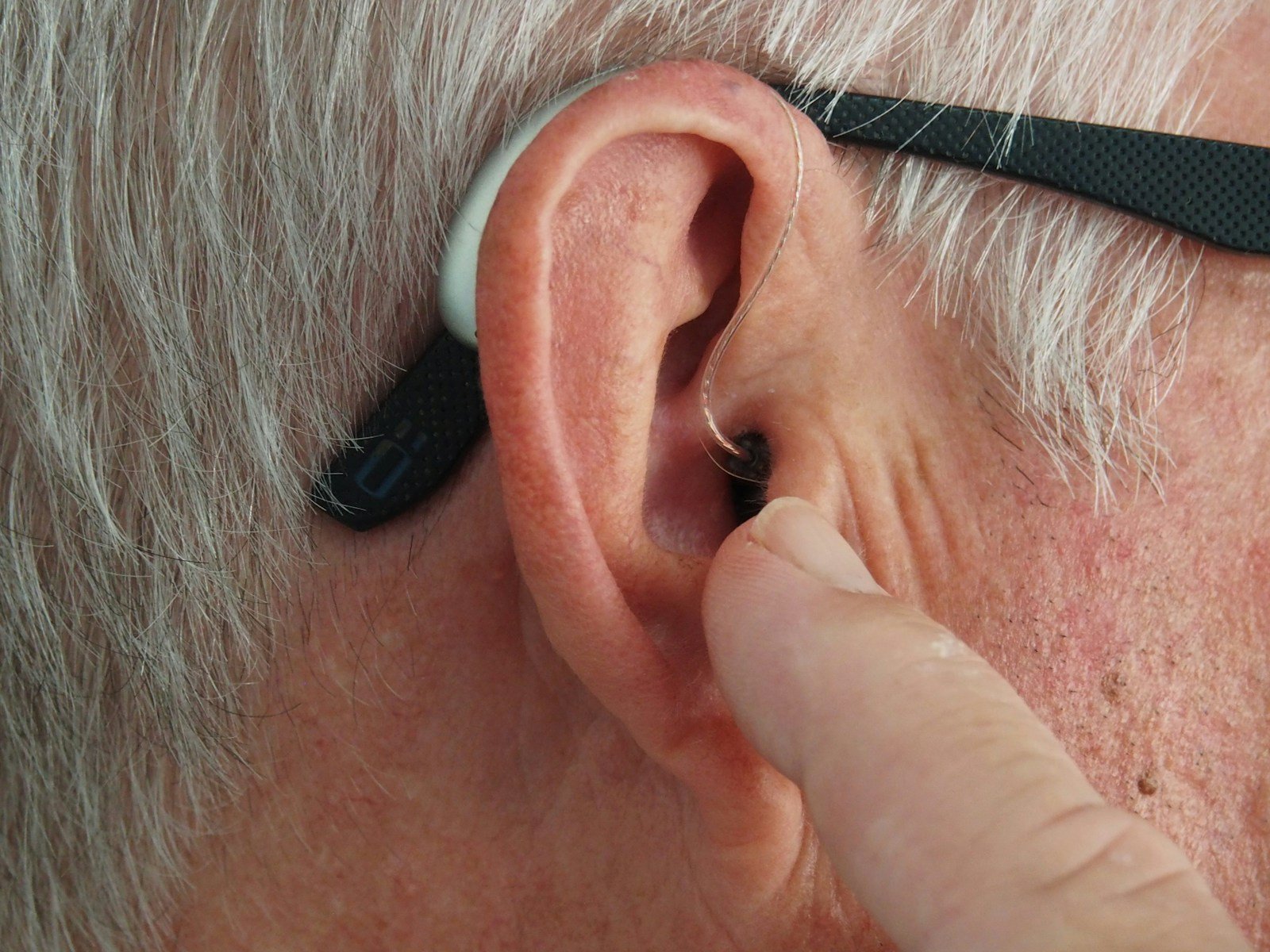Are you constantly hearing a ringing or buzzing sound in your ears, even when it’s quiet? You’re not alone. High blood pressure, also known as hypertension, can often be the culprit behind this annoying symptom. But fear not, there are ways to silence the symphony in your ears and put an end to high blood pressure-induced ear ringing. In this article, we’ll explore some helpful tips and strategies to help you banish the buzz and enjoy a quieter, more peaceful soundtrack in your ears.
Banishing the Buzz: Taming High Blood Pressure-Induced Ear Ringing
If you’ve been experiencing persistent ear ringing or buzzing, it’s important to get your blood pressure checked by a healthcare professional. High blood pressure can put a strain on your blood vessels and lead to a variety of health issues, including ear ringing. By managing your blood pressure through lifestyle changes and medication prescribed by your doctor, you can help reduce the noise in your ears and protect your overall health.
One effective way to tame high blood pressure-induced ear ringing is to adopt a healthy diet and exercise routine. Eating a diet rich in fruits, vegetables, whole grains, and lean proteins, as well as engaging in regular physical activity, can help lower your blood pressure and improve circulation, which in turn can alleviate ear ringing symptoms. Plus, maintaining a healthy weight can also reduce your risk of developing high blood pressure in the first place.
In addition to diet and exercise, managing stress is also key in reducing high blood pressure and ear ringing. Stress can cause your blood pressure to spike and worsen ear ringing symptoms. Incorporating relaxation techniques such as deep breathing, meditation, yoga, or simply spending time doing activities you enjoy can help calm your mind and body, leading to lower blood pressure and quieter ears.

Another tip to silence the symphony of ear ringing caused by high blood pressure is to limit your intake of salt and alcohol. Both salt and alcohol can raise your blood pressure levels, making ear ringing more pronounced. By cutting back on these substances and opting for healthier alternatives, you can help keep your blood pressure in check and reduce the noise in your ears.
Ringing in Your Ears? High Blood Pressure Could Be the Culprit
One often overlooked factor in high blood pressure-induced ear ringing is caffeine consumption. Caffeine is a stimulant that can raise blood pressure and trigger or worsen ear ringing symptoms. If you’re a frequent coffee drinker or consume other caffeinated beverages, consider cutting back or switching to decaffeinated options to see if it helps alleviate the ringing in your ears.
In some cases, certain medications used to treat high blood pressure or other health conditions can also cause ear ringing as a side effect. If you suspect that your medication may be contributing to your ear ringing symptoms, talk to your doctor about possible alternatives or adjustments to your dosage. It’s important not to stop taking any prescribed medications without consulting a healthcare professional first.
If you’re a smoker, quitting smoking can also help reduce high blood pressure and ear ringing. Smoking can constrict blood vessels and raise blood pressure, exacerbating ear ringing symptoms. By quitting smoking, you can improve your circulation, lower your blood pressure, and potentially lessen the noise in your ears.
Another potential contributor to high blood pressure-induced ear ringing is noise exposure. Loud noises can damage the delicate hair cells in your inner ear and lead to tinnitus, or ringing in the ears. To protect your hearing and reduce the risk of ear ringing, avoid exposure to loud noises whenever possible, and always use ear protection in noisy environments.
Symphony of Silence: Tips to Stop Ear Ringing from High BP
Incorporating sound therapy techniques into your daily routine can also help quiet the symphony of ear ringing caused by high blood pressure. White noise machines, soothing music, or nature sounds can help distract your brain from the ringing and provide relief. You can also try relaxation exercises that focus on mindfulness and deep breathing to help you cope with the noise and reduce stress.

Maintaining good sleep hygiene is crucial in managing high blood pressure-induced ear ringing. Lack of sleep can contribute to elevated blood pressure levels and worsen ear ringing symptoms. Establishing a regular sleep schedule, creating a relaxing bedtime routine, and ensuring your sleep environment is quiet and comfortable can all help improve the quality of your sleep and reduce the noise in your ears.
Outro:
Don’t let high blood pressure-induced ear ringing steal the spotlight in your life. By taking proactive steps to manage your blood pressure, adopt a healthy lifestyle, reduce stress, and protect your hearing, you can silence the symphony in your ears and enjoy a quieter, more peaceful soundtrack. Remember to consult with your healthcare provider for personalized advice and guidance on how to address high blood pressure and ear ringing effectively. With determination and dedication, you can say goodbye to the high notes and embrace a symphony of silence in your ears.
See also: How to stop ringing in ears from high blood pressure












